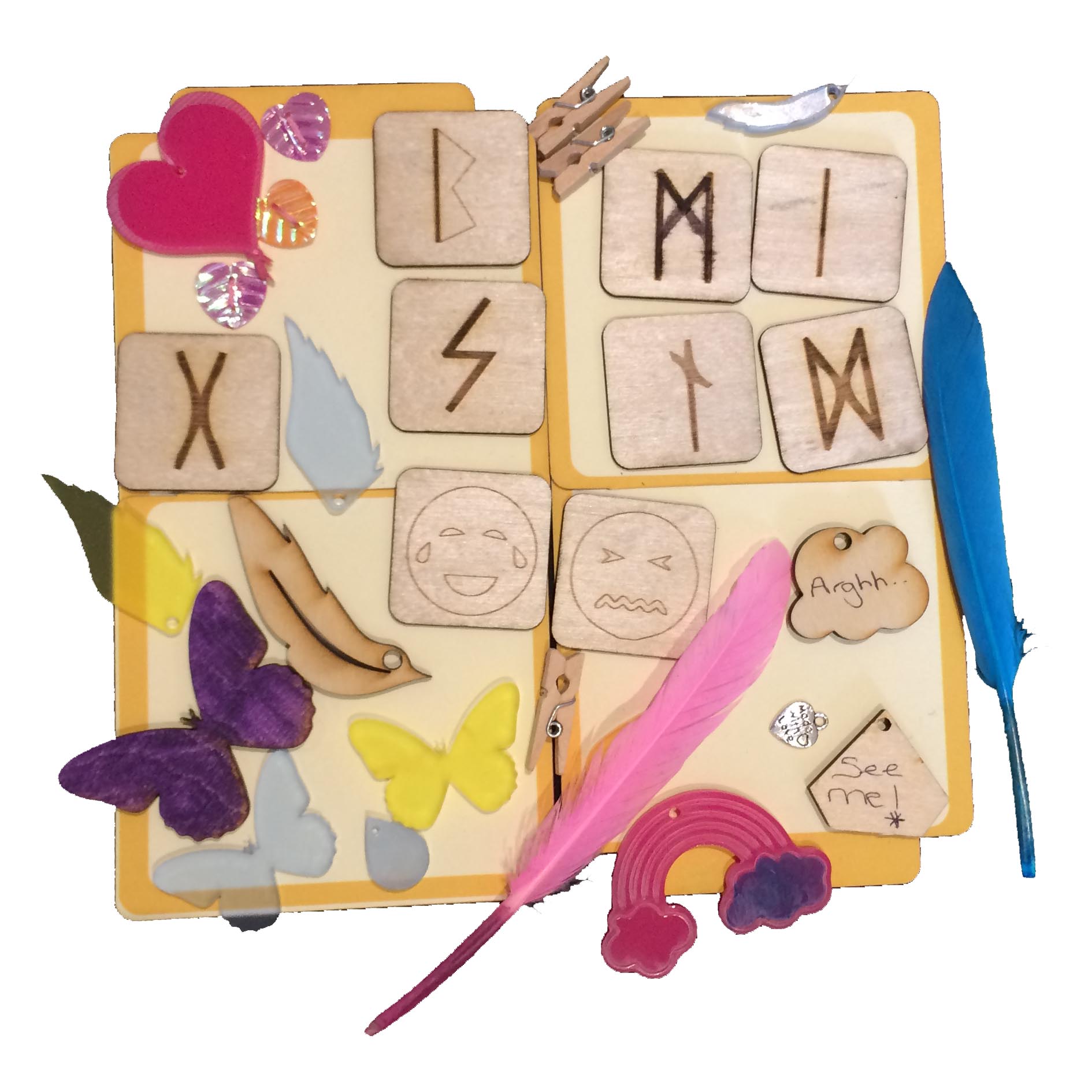Language of pain
CO-DESIGNING opportunities for open dialogue and shared learning between people with chronic pain and health professionals
Background
Chronic pain is a common, complex and challenging condition, generally accepted as pain lasting longer than three months and while it is recognised as a condition in its own right, it is also an umbrella term for severe pain occurring from a multitude of clinical conditions. In most instances, the management of chronic pain is on promoting rehabilitation and maximising quality of life rather than achieving a cure.
Recognised as a strategic priority for both the UK and Scottish Government , recent research shows that service provision for the management of chronic pain across the UK remains inadequate. Further to this, the economic burden of chronic pain is known to be significant with costs for medication, medical and medical appointments and investigations contributing to the overall impact. The societal burden of managing chronic pain is expected to increase and new innovative, collaborative approaches to management are required.
The assessment and management of chronic pain is challenging due to the complex factors involved. How pain is described, interpreted and understood varies considerably and is compounded by the contrasting literacies used across health professionals (e.g. consultants, physiotherapists) and people living with chronic pain. The challenges emerging around this interaction are significant and can have a impact on the delivery of care, the ability of people to self-manage and opportunities for both to learn from experience.
Project Aim
The aim of this research project is to collaboratively develop insights and user requirements that support the design of an innovative assessment tool to support equal and open dialogue; promote shared ownership and understanding; and attempts to address the imbalance between the health professional and the patient through experiential learning and engagement.
To enable this, the project:
Explored the language used to describe pain from both the perspectives of the patient and the health professionals. This included verbal and visual languages used; existing tools; and the mechanisms used for the interpretations of these languages.
Identified challenges and opportunities exist within current chronic pain management practices.
Identified knowledge gaps and the potential of learning opportunities for patients and health professionals in this context.
Methodology
Language of Pain is a collaborative research project between The Glasgow School of Art/Digital Health and Care Institute and the Norwegian University of Science and Technology. The project adopted a design research approach to explore the experiences of people living with chronic pain and health professionals delivering care through a series of design workshops and interviews. Research methods used included visual mapping; prototyping and storytelling.
Design Workshops
Delivered in collaboration with Affa Sair (a chronic pain support group based in Moray) the design workshops engaged a number of people who live with chronic pain to explore the language used to describe pain including verbal and visual languages used; existing physical, mental and digital tools; and the mechanisms used for the interpretations of these languages. The workshops also aimed to identify challenges and opportunities within current chronic pain management practices and to illustrate potential learning opportunities across the patient/health professional interaction. Outputs from the workshops include a series of visual cartouche that share patient's lived experience; visualised journey maps and prototypes.
Interviews
A series of interviews were undertaken with health professionals identified as key stakeholders in the delivery of care for chronic pain. This included general practitioners (GP's); pain consultants; physiotherapists; pharmacists and psychologists. The interviews explored the language used to describe and interpret chronic pain; the practices and guidelines adopted to manage chronic pain; and the potential for learning within the patient/health professional interaction.
INTERIM Findings
Interim findings were presented at the Scottish Pain Research Community (SPaRC) Eighth Annual Scientific Meeting on 23rd March in Dundee. The presentation highlighted the disparate voices emerging across chronic pain management and the subsequent challenges this creates in managing the complexity of chronic pain.
Contact
Dr Leigh-Anne Hepburn, Research Fellow
Care of c.green@gsa.ac.uk





